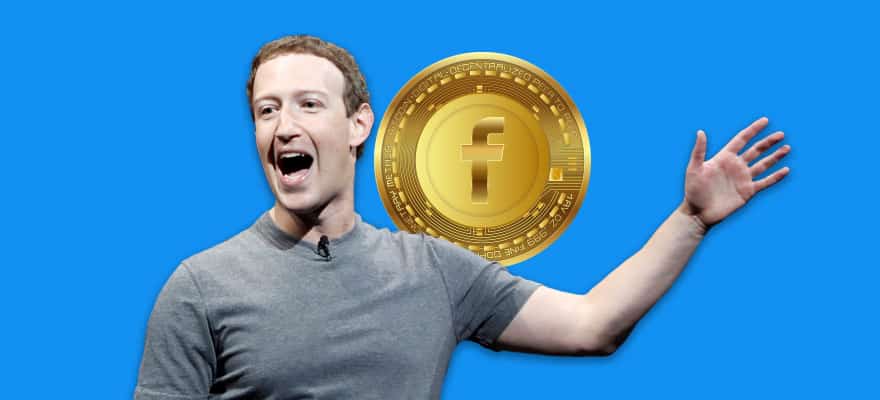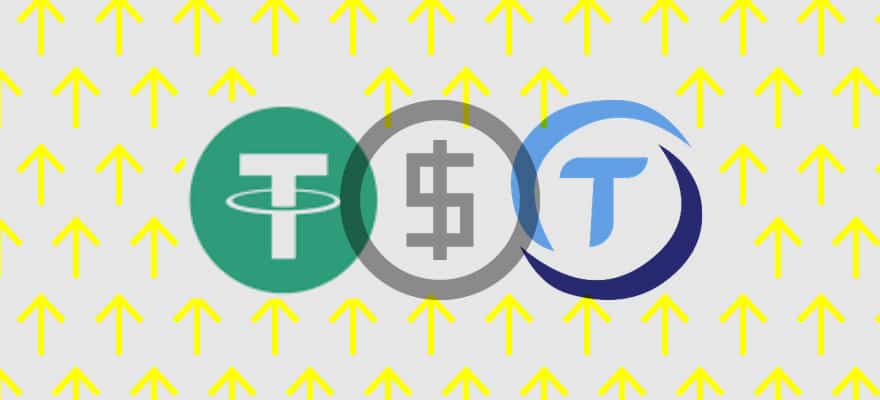Google, Facebook, Airbnb, Uber – while these have been innovative startups and fledgling products at the beginning, we now take them for granted as part of our every day lives. This means the internet is ripe for the next killer app, but what could it be? Is it Bitcoin, Blockchain tech and other cryptocurrencies?
Today, the trends point toward blockchain and cryptocurrencies as the emerging platforms that can innovate and disrupt existing tech and business models. However, as with any other popular technology, we can only arrive at the tipping point once there is enough interest from the common user that leads to mass adoption.
However, even with the high volume of cryptocurrency transactions, we are not at a point of mass adoption yet. For instance, a majority of Bitcoin transactions are speculative in nature. As reported by Chainalysis Research, only 1.3 percent of economic transactions on Bitcoin in the first four months of April came from merchants.
This speculative trend means the cryptocurrency is not being adopted for Payments . Most of its usage is dominated by exchange trading – speculation in the aim of gaining from BTC price movement.

Maxim Bederov
Blockchain tech has yet to give us a killer app. Even Bitcoin itself is not that big of a network yet.
To date, there are around 379,000 transactions done on the Bitcoin network on a daily basis. Compare this with the 150 million daily transactions on the VISA network, we can see that blockchain and cryptocurrencies have a lot of catching up to do.
Facebook getting into the blockchain game
For the most part, fintechs have taken it upon themselves to utilize blockchain and crypto in everyday transactions, to some success. However, the challenge of mass adoption might be addressed not by an emerging startup, but by an industry incumbent, Facebook. The social network is planning to launch its own blockchain and cryptocurrency by 2020.
Initially dubbed “GlobalCoin,” the platform intends to enable payments and micropayments across Facebook’s 2.3 billion users worldwide – spread across properties like its main Facebook app and website, Messenger, WhatsApp, and Instagram.
Coindesk reports that Facebook is working with both the Coinbase and Gemini digital exchanges, as it will need a third-party regulated platform where users can store and exchange crypto assets. The company has also sought advice from both the Bank of England and the US Treasury regarding how virtual currencies can interface with existing payment systems.
Toward this end, Facebook has established Libra Networks, a fintech based in Switzerland, which will reportedly focus on blockchain, payments, data analytics, and investing.
Has Facebook been building on blockchain tech all along?
Facebook has not always been a supporter of blockchain tech. Recall that in January 2018, the social network implemented a ban on advertisements related to blockchain, crypto, and ICOs, in what was viewed as a strong stance against the unregulated nature of the industry. It was during this time when ICOs – initial coin offerings and its other variants – peaked. But such schemes posed a big risk in terms of scams and lost investments.
That ban has since been lifted, and with Facebook’s involvement in blockchain, there is speculation that the social network had been stifling potential competition while building its own capabilities all along.
For Facebook, the potential of this technology can no longer be ignored. Blockchain is a rapidly growing technology sector, with the market estimated to grow from $1.2 billion in 2018 to $23.3 billion by 2023.
Facebook is also facing a crisis, with an aging user base and growth slowdown. Thus, it cannot afford to lag behind its competitors when it comes to technology and market leadership. While Facebook already has some form of payments integration in its platform, these are mostly disparate and localized implementations.
In comparison, Korean conglomerate Kakao is already integrating crypto wallets in its social, messaging, and other apps. Kik, an independent social network, raised a $100 million ICO for crypto tokens meant to be exchanged by users in its platform (Note: the SEC has recently filed a lawsuit against Kik for said ICO).
There are areas of concern, but potential for praise, as well
Facebook is perhaps in the best position to ensure mass adoption of blockchain and crypto payments, given its market size and wide reach. However, there are emerging concerns about how such capability can potentially be misused.
Facebook is no stranger to controversy when it comes to user data, for one. The Cambridge Analytica scandal and other smaller data breaches prove that user data can be misappropriated and even weaponized for an attacker’s own intent.
Being able to collect data on consumer activity, preferences, purchases, and other transactions will enable Facebook to build an even more accurate profile of a user, which can be a cause for concern. Even the U.S. Senate Committee on Banking, Housing and Urban Affairs has raised its concerns in a letter seeking to clarify how Facebook will protect user data, especially financial information.
Facebook is not alone, though, in benefiting from its ability to acquire user data through behavior, transactions, and connections. Companies like Amazon, Apple, Google, and the like, are also in the same business of doing data. What is common among these is the platform approach to technology. By building an ecosystem around their products, these companies make services increasingly accessible and convenient for users.
An ecosystem approach to mainstreaming blockchain
Facebook has already built a massive ecosystem across its digital assets: the Facebook social network, the Messenger and WhatsApp communication apps, Instagram for photos, and more. The social network has even captured some audiences – mostly in developing countries – in a “walled garden” approach, by offering free access to services even without a data plan. This way, Facebook can serve as the de facto internet for these users, who can benefit from being able to make monetary transactions within the ecosystem – all without having to leave the platform.
Another potential benefit is in cryptocurrency-powered micropayments, which can empower publishers and content providers to engage audiences while earning compensation. While this has been a persistent concern in the publishing industry, a seamless approach to micropayments might just be the magic pill that will popularize paid content.
Facebook’s foray into the blockchain can reportedly generate an additional $19 billion revenue for the social network as per a report from a Barclays analyst. The benefit for businesses and consumers can be huge, as well: seamless peer-to-peer transactions, e-commerce checkouts, and even a way for media companies to regain the traffic and revenue they have been losing to social media.
The takeaway
Bitcoin turned ten years old this year, and even with increasing use, we are all still considered early adopters.
Mass appeal is held back by several factors, including inadequate regulation, insufficient market infrastructure, lack of broad awareness, need for technical sophistication, and concerns about fund safety.
Facebook’s coming into the picture can address most if not all, of these challenges. Once blockchain and crypto are integrated into the social network, billions of users would already be making transactions without even knowing that all of these are executed via blockchain.
Seamlessness and accessibility are just what we need to accelerate the mass appeal of blockchain technology and cryptocurrencies.
There is a question, however, of whether Facebook’s launch of its own cryptocurrency would give it exclusive access to transactions on its network. The company has already engaged two exchanges, but it might make sense to open up its network to other participants as well.
Such inclusivity would benefit a wider user base -- not only users and merchants but other crypto investors and exchange startups, as well.
Maxim Bederov is a serial entrepreneur, venture capitalist, and blockchain technology expert.






















